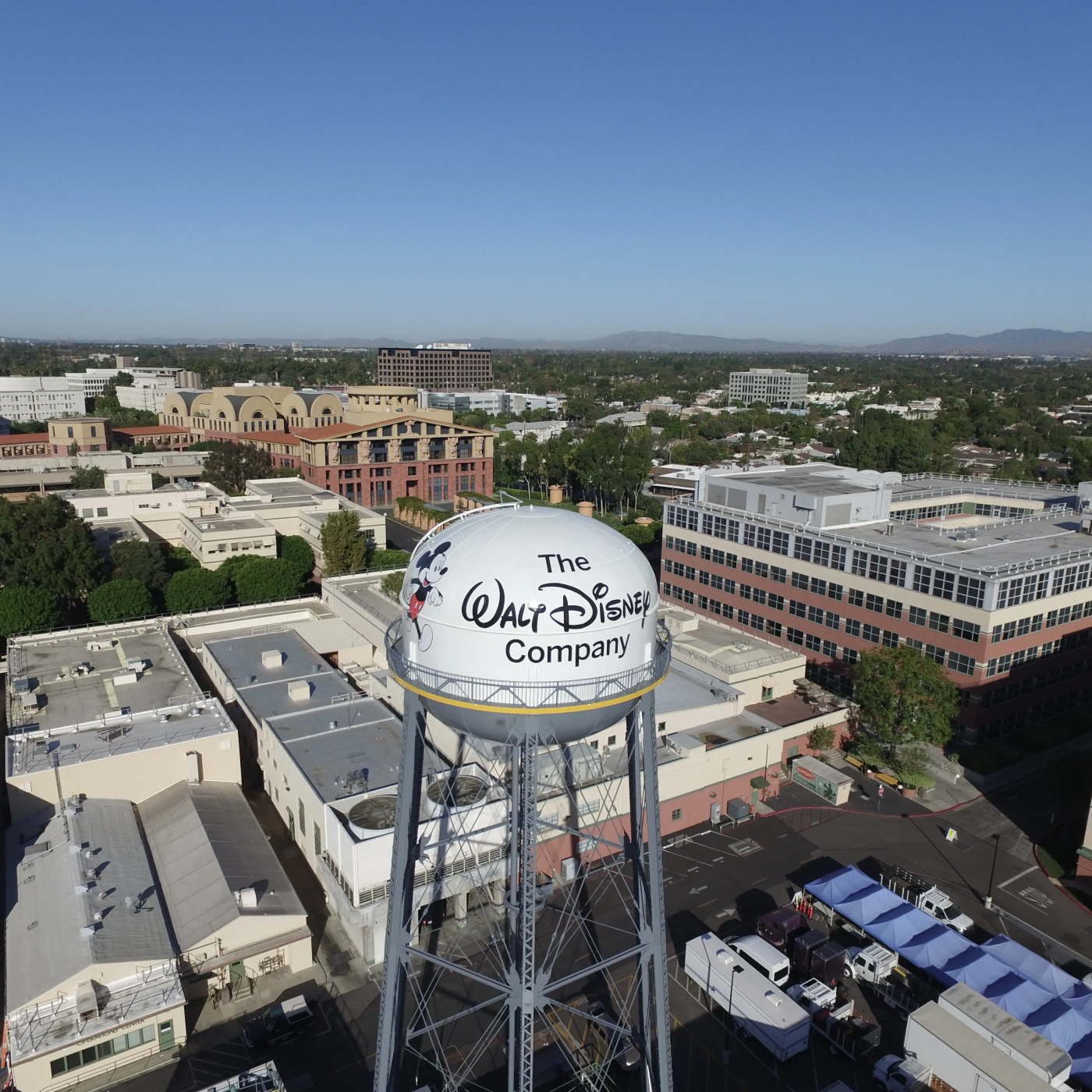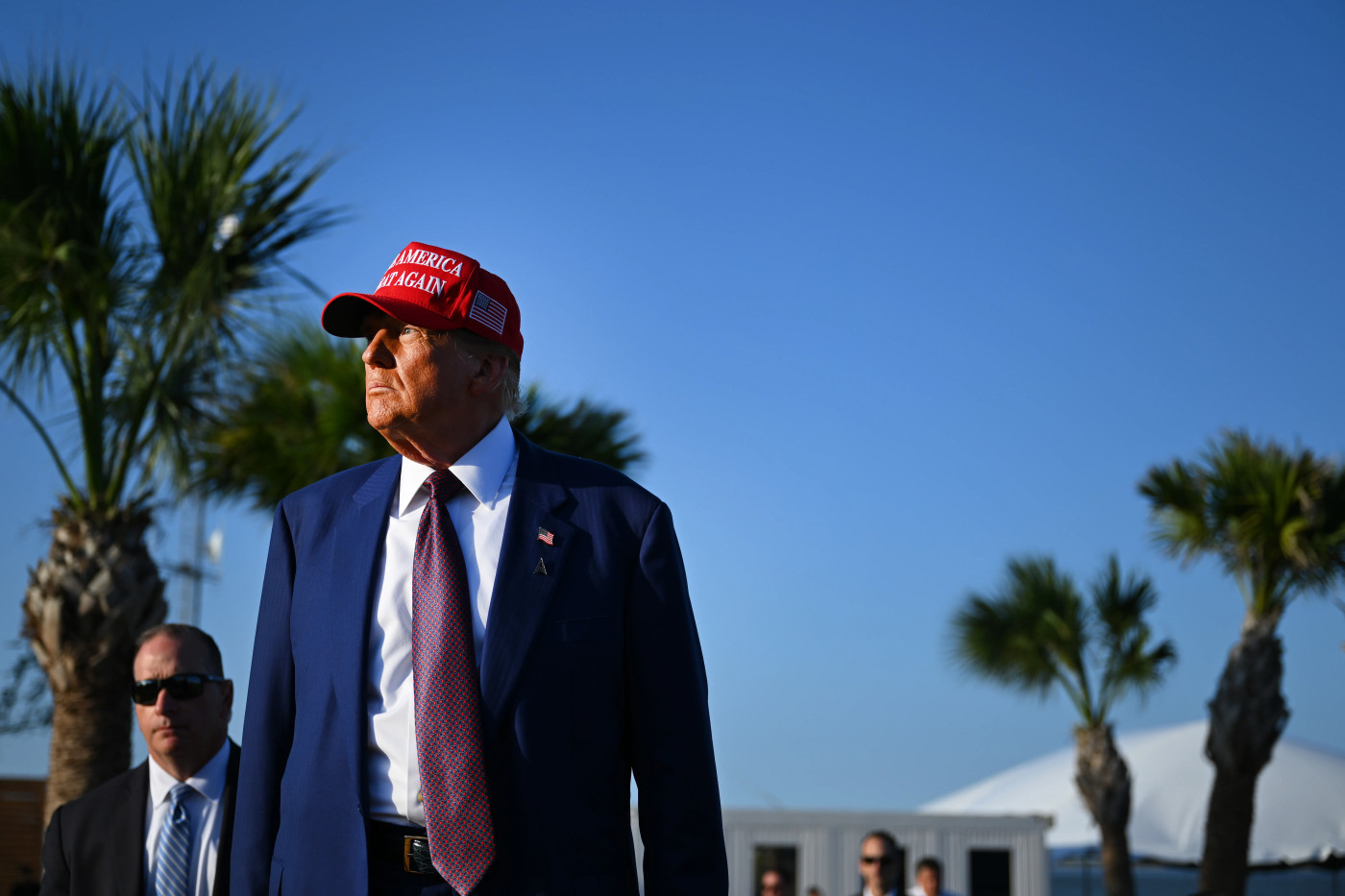
RIP DEI? The war on 'woke' America has a new commander-in-chief
On the campaign trail, Donald Trump promoted the idea that white Americans were targets of racism and made reversing Joe Biden’s “woke takeover” of Washington a priority of his second term in office.
Now with Republicans in control of the White House and both branches of Congress in 2025, the president-elect is in a position to make good on his promises to crack down on corporations that do business with the federal government.
On the chopping block: Diversity, equity and inclusion programs.
“President Trump has been very clear about ending the woke, DEI garbage infecting this country and the American people voted overwhelmingly to do just that,” said Trump spokesman Steven Cheung.
Trump is staffing his government with loyalists who want to de-“woke” America, from Pete Hegseth, a Fox News host and decorated combat veteran who is Trump’s choice to be Pentagon chief, to Brendan Carr, Trump’s pick for Federal Communications Commission chairman.
Stephen Miller, one of Trump’s longtime aides who was tapped as a top policy architect in the new administration, has spent the last four years spoiling for this fight, filing dozens of legal actions against “woke” corporations.
“As every day passes and you read more about the types of people he is appointing to different positions, organizations have to take this very seriously,” said Allan Schweyer, a principal researcher with business research group The Conference Board.
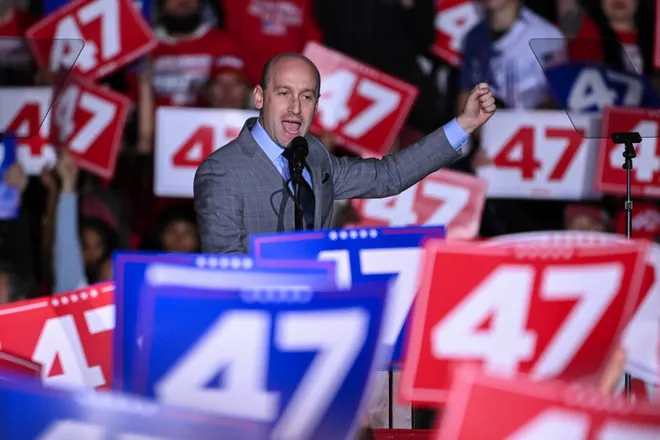
In his first term, Trump used executive power to bar the federal government and government contractors from conducting racially “divisive” and “un-American” diversity training and started a tip line for whistleblowers to turn in their employers. Trump’s Labor Department questioned if diversity initiatives to increase the ranks of Black executives at Microsoft and Wells Fargo violated federal laws barring race discrimination.
“A lot of what the President-elect wants to do, he can do through executive order. He doesn’t need congressional approval. And it’s pretty far reaching,” Schweyer said. “There’s a lot that the new administration can do to discourage DEI in the private sector.”
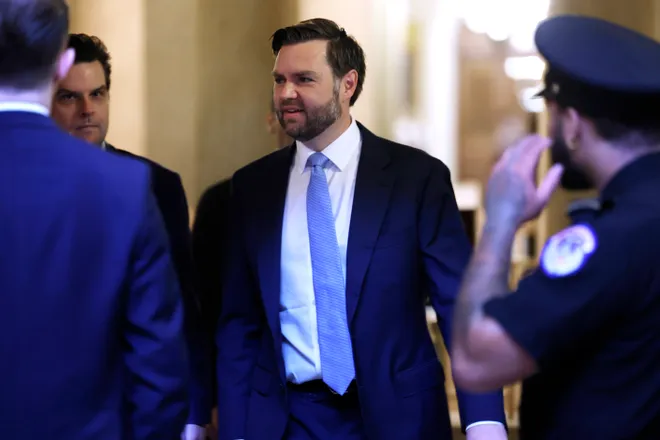
With multiple levers he can pull, Trump could make sweeping changes.
In the Project 2025 playbook, the Heritage Foundation think tank wants the incoming administration to strike terms like DEI from “every federal rule, agency regulation, contract, grant, regulation, and piece of legislation that exists.”
Proposals from other activists include directing the Justice Department to investigate programs to boost diversity and abolishing Biden-era rules that bar discrimination on the basis of sexual orientation and gender identity.
Vice President-elect JD Vance, a hawk on DEI, co-sponsored legislation as an Ohio senator to eliminate all federal DEI programs.
“President Trump launched the fight against left-wing racialism in his first term,” said Christopher Rufo, a DEI critic and a senior fellow at the conservative-leaning think tank Manhattan Institute. “Now he has the opportunity to finish it.”
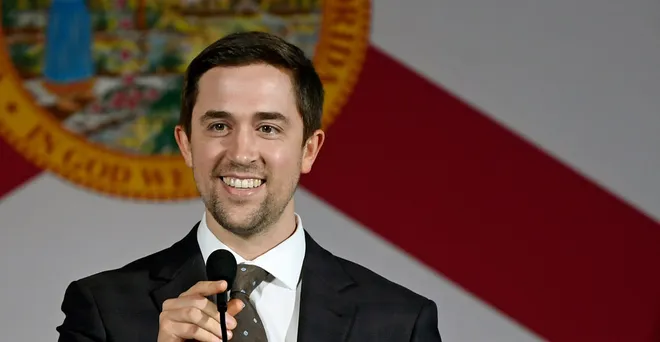
Trump election seen as DEI referendum
After the murder of George Floyd in 2020 forced a historic reckoning with race in America, businesses pledged to make their workforces and their leadership better reflect the communities they serve.
Workers of color are underrepresented at every level of power in corporate America, according to USA TODAY data investigations. One analysis in 2023 found that white men account for 7 in 10 executive officers in the nation’s largest companies. About 1 in 7 of these companies had executive teams made up only of white men.
Proponents say DEI programs help companies hire and retain diverse talent and create environments that boost innovation. JPMorgan Chase’s Jamie Dimon and other business leaders have repeatedly stressed that diversity is good for business.
But four years after those 2020 promises, the political landscape has shifted.
While corporate diversity efforts are broadly supported by the American public – especially younger Americans – they face growing scrutiny in the courts and in statehouses across the country as right-wing foundations, think tanks and political operatives push “race neutral” policies.
The Supreme Court decision in 2023 to ban the consideration of race in higher education only emboldened attacks on workplace programs.
Two men fought for jobs in a mill50 years later, the nation is still divided.
Public sentiment has also shifted. Consumer boycotts that slashed sales forced some brands like Bud Light and Target to retreat from marketing campaigns to the LGBTQ+ community. Major brands like Ford and Lowe’s have abandoned initiatives and overhauled teams following pressure campaigns from anti-DEI activist Robby Starbuck.
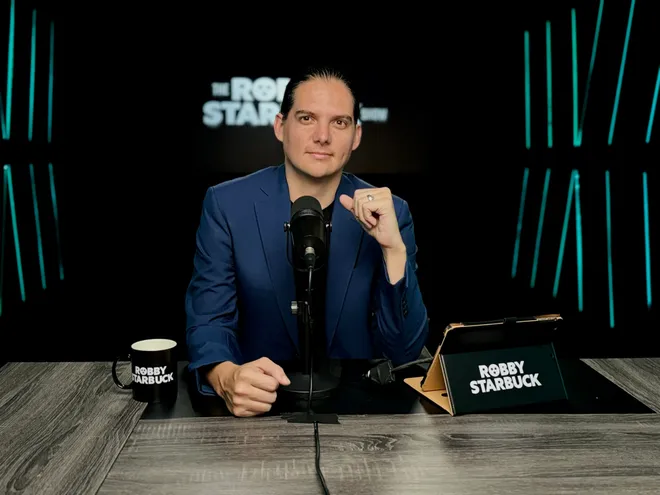
A few companies folded at the mere threat of being called out publicly, according to Starbuck. The keyboard warrior, whose signature social media meme is a grim reaper knocking on the doors of Fortune 500 companies, said he's preparing a new list of targets going into the holiday season.
“The battle for opinions, how the public feels about this, we are winning that war and that’s huge. That has a bigger psychological, real-world effect than almost anything else,” Starbuck said.
A new Pew Research Center survey found American workers’ opinions on the role of DEI in the workplace have become more negative since last year.
About half – 52% – of workers said DEI at work is mostly a good thing, down from 56% in February 2023. The share of workers who said DEI is a bad thing – 21% – is up 5 percentage points since last year.
“A lot of people are exhausted by the idea of corporations being involved in partisan agendas. They just want to go into big-box stores and buy a product or a good and they don’t want to be preached at,” said Daniel Cameron, the former Kentucky attorney general who runs 1792 Exchange, a conservative group fighting “woke capitalism.” “I think that’s ultimately why we are seeing the pendulum swing back.”
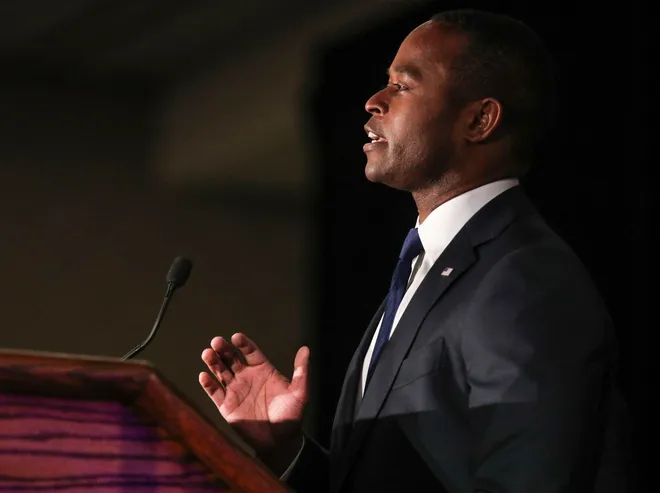
Luke Hartig, president of reputational risk firm Gravity Research, said Trump’s decisive victory created a narrative “that this election was a referendum on DEI and a range of so-called woke policies.”
For Amber Cabral, a former inclusion strategist at Walmart who put in 12- to 14-hour days to keep up with demand from large corporations for her leadership consulting practice after Floyd’s murder, that narrative had devastating consequences.
For months, mounting attacks on corporate DEI rattled clients who worried they would become the next target. Then Trump’s fiery rhetoric on the campaign trail gave them cold feet and they put off making any commitments until after the election, she said.
With her small Atlanta firm already out nearly $500,000 in contracts, Cabral said she decided to call it quits just hours after Trump’s acceptance speech. Colleagues told her she's not alone.
“In this election cycle, DEI was weaponized,” Cabral said. “What the work really is and how it can help us all has been completely obliterated.”
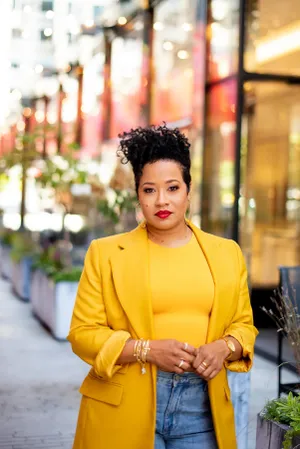
DEI advocates: Corporations won't retreat
With many in the private sector braced for turbulence, Joelle Emerson, co-founder and CEO of diversity strategy and consulting firm Paradigm, has a less pessimistic view. She said the impact of the election and a second Trump presidency remains to be seen.
Over 60% of corporate executives surveyed by The Conference Board viewed the current political climate for corporate DEI as very or extremely challenging, with most anticipating continued or escalating pushback.
Even so, fewer than 10% of the organizations planned to scale back their DEI commitments over the next three years. Research shows employees want diverse and inclusive workplaces, DEI advocates say, and corporations will also face pressure from progressive forces over the next four years.
“Instead of abandoning diversity, equity and inclusion, I think we’ll see companies adjust,” Emerson said.
'DEI hire'What's behind the GOP attacks on Kamala Harris
In the face of mounting attacks, business leaders shored up DEI programs to make them less vulnerable to legal challenges and public criticism.
They have backed away from initiatives like hiring targets that conservatives claim are illegal quotas and from executive bonuses tied to DEI goals.
More than half of senior executives surveyed by the Conference Board said they had adjusted how they refer to DEI over the past year. Another 20% were considering doing so. A growing number have dropped mentions of diversity goals in shareholder reports.
These days, few companies go out of their way to publicly promote their diversity programs. Major corporations, from Walmart to Salesforce, declined or did not respond to requests to make executives available to discuss their DEI programs.
Microsoft pointed USA TODAY to its recent diversity and inclusion report. “We remain deeply committed to D&I because it is what creates transformational solutions to the most complex challenges for customers, partners and the world,” the report reads.
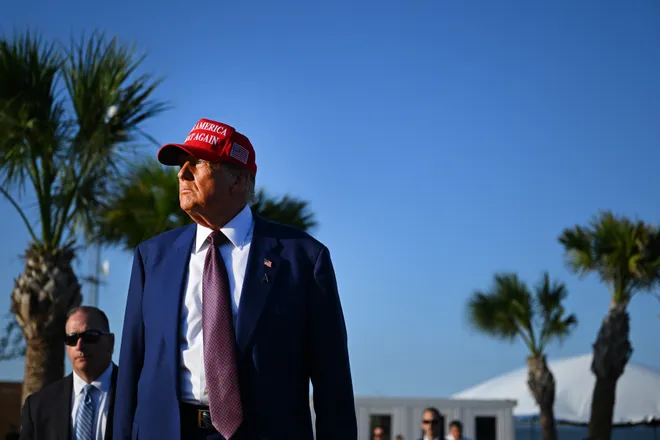
Emerson said corporations may shrink from the hyperpolarized debate over DEI but most are not abandoning the work, which can range from broadening candidate pools to creating mentorship and coaching programs open to all.
“The majority of leaders I speak with know that harnessing diversity and fostering inclusion is critical to future business success. They want to be able to cast wider nets, to hire and advance the best people and create cultures where people can do their best work,” she said.
Franklin Turner who, as co-chair of the government contracts and global trade practice with the McCarter & English law firm, represents large corporations preparing to transition from an administration that embraced DEI to one that rejects it.
The Trump White House will increase pressure on companies that rely on federal funding and those companies may make some adjustments to policies or training materials, Turner said, but he does not expect wholesale changes.
“I don’t see the C-suites at companies – and I work with a lot of them – taking an intentional step back,” Turner said.
David Glasgow, executive director of the Meltzer Center for Diversity, Inclusion, and Belonging at the NYU School of Law, said he hopes to see organizations do more than that over the next four years.
“I am hoping to see more organizations go on the front foot rather than just the back foot,” Glasgow said. “This work is going to continue. It may need a rebranding. It’s possible people might need to be careful about how they talk about it. But there is no universe where even the most hostile presidency is going to be able to completely eliminate an entire field of work because there are too many people out there who care about creating organizations that are respectful, that are inclusive and where people have equal opportunity.”
(The story has been updated to remove attribution of a statement reflected in an earlier version.)
